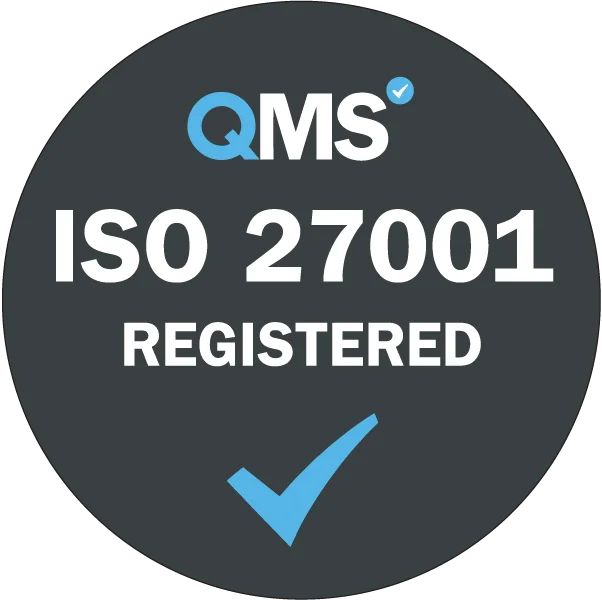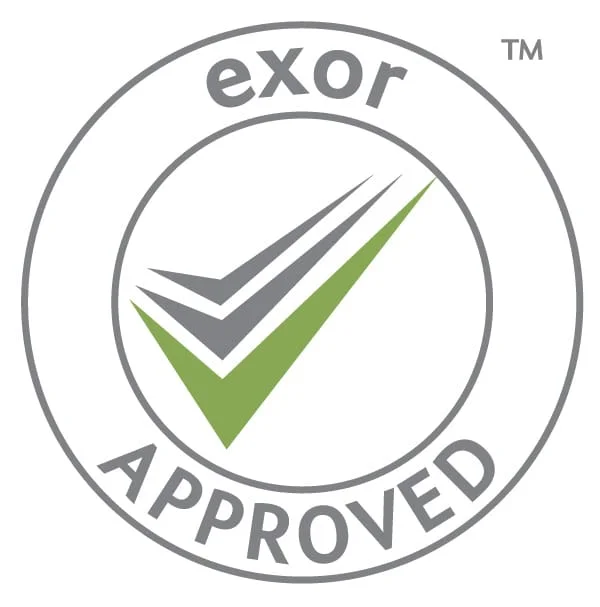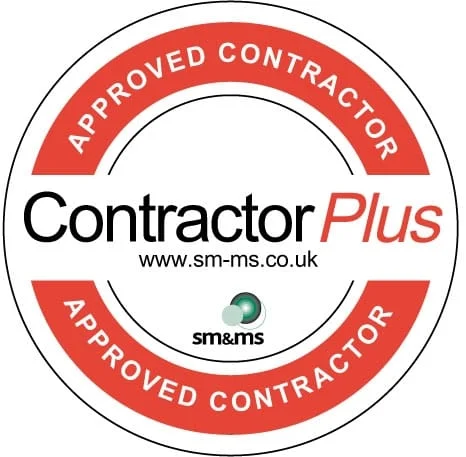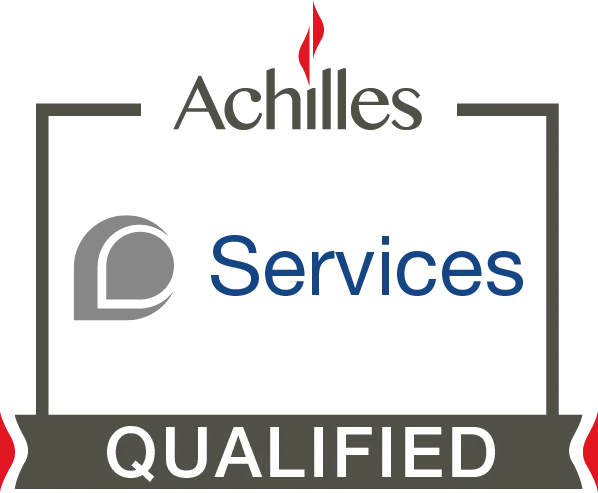Sewage pumps should be serviced every six months. However, the exact frequency can vary based on factors such as the size of the pump and how often it is used.

Experts at Sewage Pump Maintenance
In some domestic and commercial settings, wastewater must be elevated to reach the main sewer line – this is where a pump is essential. When you have an efficient working pump system in place, it can be easy to become complacent and ignore maintenance checks.
Pump stations do not work well if they are not regularly maintained. If it fails or becomes blocked, wastewater can overflow from the station, causing damage and potential revenue loss due to site closures. Repairing a damaged pump can be costly, so it is recommended by drainage engineers that you have your pump station serviced at least twice a year to make sure it remains in pristine condition and running correctly.
At Metro Rod, we offer a wide range of pump station maintenance services to keep your pump in excellent condition. Our emergency repair team is available 24/7 to minimise downtime. If your sewage pump has broken down, contact us today at 0800 66 88 00.
Pump Maintenance Service Plan
Creating a sewage pumping station maintenance plan ensures regular cleaning and checks at convenient times. These services help prevent unexpected costs from emergency repairs and provide confidence that your wastewater is managed. Typically, a service is recommended every six months, depending on the pump size and usage frequency. Our specialist pump engineers will tailor the plan to your business needs, minimising disruption and keeping your pump in excellent condition.
Further Reading
-
What’s Involved in a Pump Maintenance Plan?
A maintenance plan will consist of three different types of pump station service: an interim service, major service or an annual clean.
During an interim service, the condition of control panels, all electrical elements, float switches and guide rails will be reviewed. Pipework will be checked for leaks and then a full comprehensive report is provided on the overall condition of your pump station. This maintenance prevents any blockages and identifies potential issues before they become a problem and cause disruption.
A major service includes the above checks, but the pump would also be lifted out of its chamber to check the oil and mechanical function, and any debris will be cleaned off to ensure the pumps are operating properly.
Finally, an annual clean involves the emptying and deep cleaning of the pump chamber to remove debris and the build-up of fat, oil and grease. It is through this pump station maintenance checklist that you can ensure your pump will always be in optimal condition.
Send an enquiry -
Your Local Pump Station Servicing & Maintenance Team
At Metro Rod, we have a team of nationwide engineers available 24/7, 365 days a year, operating from over 45 depots. What this means is that we are always local to you, within a one-hour drive of 85% of the UK’s commercial companies. We aim to fully understand your business to provide you with long-lasting solutions which keep your business’ drainage and pump systems running.
All our engineers are trained to the highest industry standards to ensure not only their safety, but the safety of our customers. This is verified by many external partners such as the Alcumus Safe Contractor Accreditation. You can view our full list of accreditations and memberships here.
Send an enquiry -
Contact Metro Rod About Your Pump Maintenance Queries Today
To discuss a pump service, repairs or installation, contact your local depot or call us on 0800 66 88 00. If you would like to hear more about how else we may be able to help you with your pump-related issues, you can find out more on our pump services page. Or check out our Help & Advice hub for more immediate guidance and information.
Send an enquiry
Accredited By
Customer Reviews
Here's what our customers say about us
For every review, we’ll plant a tree
Each and every written review for Metro Rod plants a new tree. ReviewForest captures every review and guarantees the tree is planted.
Trusted by:





Pump Maintenance FAQs
How often should sewage pumps be serviced?
Do sewage pumps need maintenance?
Yes, sewage pumps need regular maintenance. Routine checks and servicing are essential to ensure they operate efficiently, and to prevent issues like blockages and overflows which may need costly repairs. Regular maintenance helps extend the lifespan of the pump and ensures reliable performance.
How much does pump maintenance cost?
At Metro Rod, we specialise in an efficient and economic service that is designed to help keep your pump maintained in a way that causes minimal disruption to your business. The cost of your pump maintenance plan depends on a couple of factors: the type, condition, regularity of use and number of pumps all impact how frequently you get your pumps serviced – thus impacting the price.
What is the life expectancy of a sewage pump?
The life expectancy of a sewage pump varies based on the quality of the pump, how often it runs and the conditions in your sewage system. On average, residential sewage pumps last about five to seven years, while commercial sewage pumps can last between five to 15 years.
Who is responsible for a sewage pumping station?
Responsibility for a sewage pumping station can vary. Generally, it depends on the location and ownership of the property. In many cases, water companies are responsible for maintaining sewage pumping stations, especially those that serve multiple properties or are part of the public sewer network. But if the pumping station is located within the boundary of a private property, the property owner is typically responsible for its maintenance.
How often should a sewage pump run?
The frequency of sewage pump operation depends on factors like pump size, wastewater volume and property needs. Typically, a pump cycles on for about 10 seconds, but daily cycles can vary. In residential buildings, it might run a few times per day, while in larger properties, it could run several times per hour. Monitoring runtime is crucial for detecting irregularities and ensuring efficient operation. Constant running or short cycling may indicate a problem needing attention.








